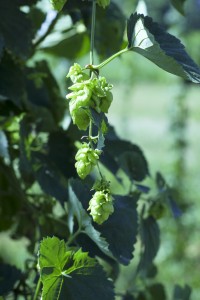 Those of you who have been following Frederick Beer Week from the beginning know that part of our mission is to highlight the connection between beer and the farm – identify the beverage as an agricultural product. It is the main reason that we hold a beer festival on a hop farm. If you don’t know that making the link between ale and ag is part of our mission, then we on the board haven’t quite been doing our jobs.
Those of you who have been following Frederick Beer Week from the beginning know that part of our mission is to highlight the connection between beer and the farm – identify the beverage as an agricultural product. It is the main reason that we hold a beer festival on a hop farm. If you don’t know that making the link between ale and ag is part of our mission, then we on the board haven’t quite been doing our jobs.
You have probably seen those bumper stickers that read, “no farms, no food.” But it goes farther than that – we think about wine as coming off the vineyard, but somewhere along the line, as a people, it seems like we have forgotten that the brewery or the distillery is merely the middle man when it comes to those agricultural products making to our beer or shot glass.
Beer itself requires clean water, grains, and hops – and is often made with other ingredients; apples, berries, cherries, corn, figs, pears, cocoa nibs, vanilla beans, flowers, and oysters are some of the many other agricultural products that make their way into beer.
With the growth of the industry – according to the Brewer’s Association the United States now hosts over 2,5000 active breweries and brew pubs – access to these agricultural products becomes more and more important.
Like any other industry, the craft brewing industry is equal parts innovation and reactionary. Brewers like to push the envelope, experiment with styles and ingredients, and look to create something new. At the same time, the business end of things is forced to react to new and unusual conditions.
To wit; a few years ago there was a perfect storm – droughts and wild fires contributed to a shortage of hops. A shortage that impacted a number of craft brewers. Some of the smallest brewers closed up shop. Many others cancelled certain beers because they could not acquire the proper strain of hops required by their recipes. Others, still, changed recipes.
A number of breweries reacted to this by planting their own hop yards, or working with small, local farms – Rogue, Blue Mountain, Sierra Nevada, Victory, and Flying Dog have all walked that route. Not necessarily an exclusive supply route, but at the very least these hop yards provide a supplemental resource.
Grains….that’s a little bit rarer, and it might be only a matter of time before you see more and more breweries working with local farmers in order to source local malts.
And that might be a solution for so many of the farms that look to developers as a solution for their financial woes. Might be nice to see less farm land disappear in exchange for more good beer.
Just a thought.
Tapped and Uncapped
Speaking of unusual ingredients, this week I am recommending the Flying Dog Pineapple Saison. I had the pleasure of sampling this last week when Senator Ben Cardin visited the Flying Dog Brewery. The beer is pleasantly fruity with a subtle pineapple infusion that grows more noticeable with each passing sip. This entry into the Brewhouse Rarities Series can be found at some of the Frederick area watering holes, so be on the look out.
Until next week, be well, drink good beer, and have a safe and happy Fourth.
Slainte.

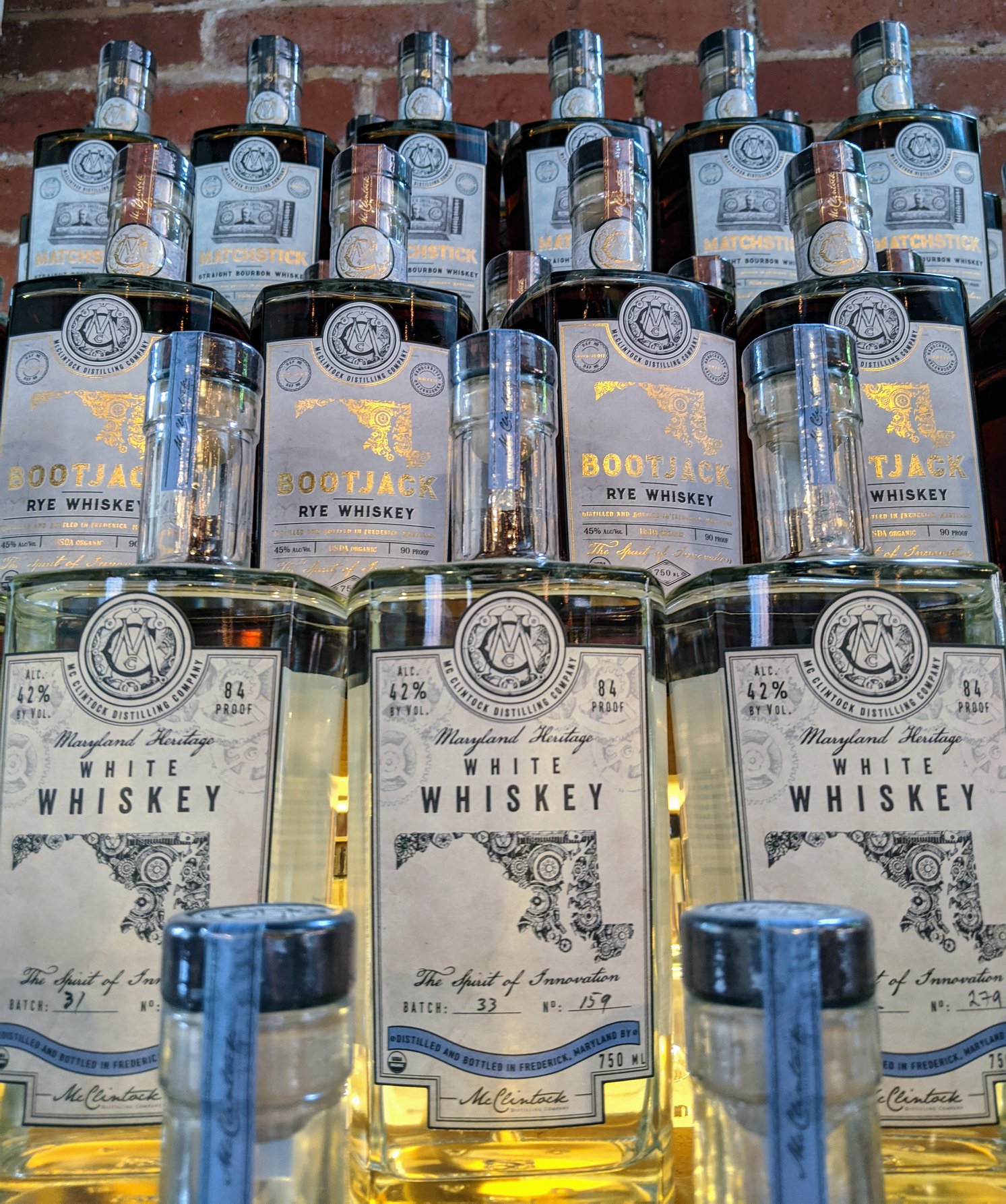






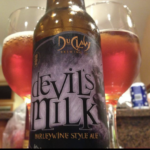
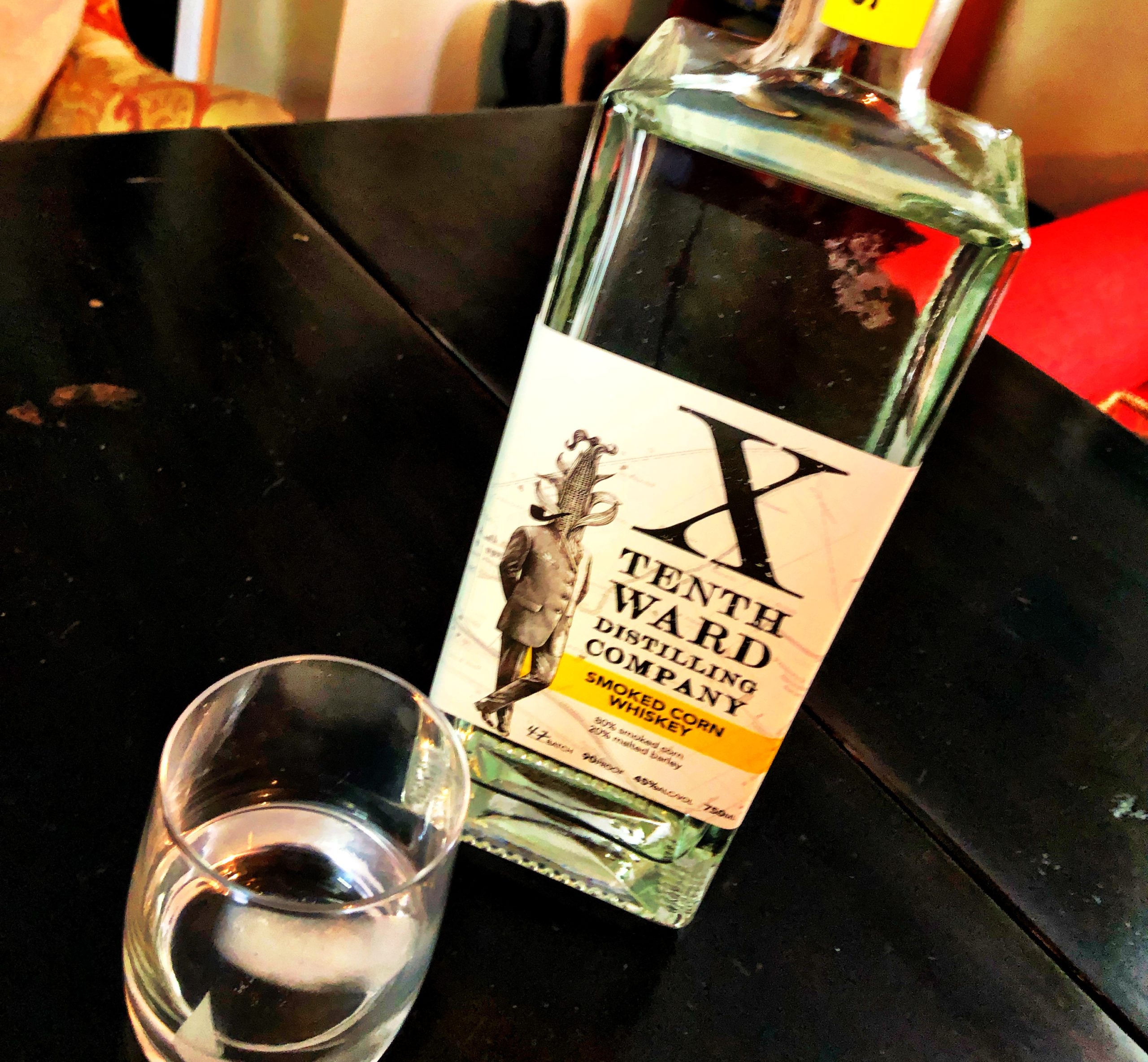

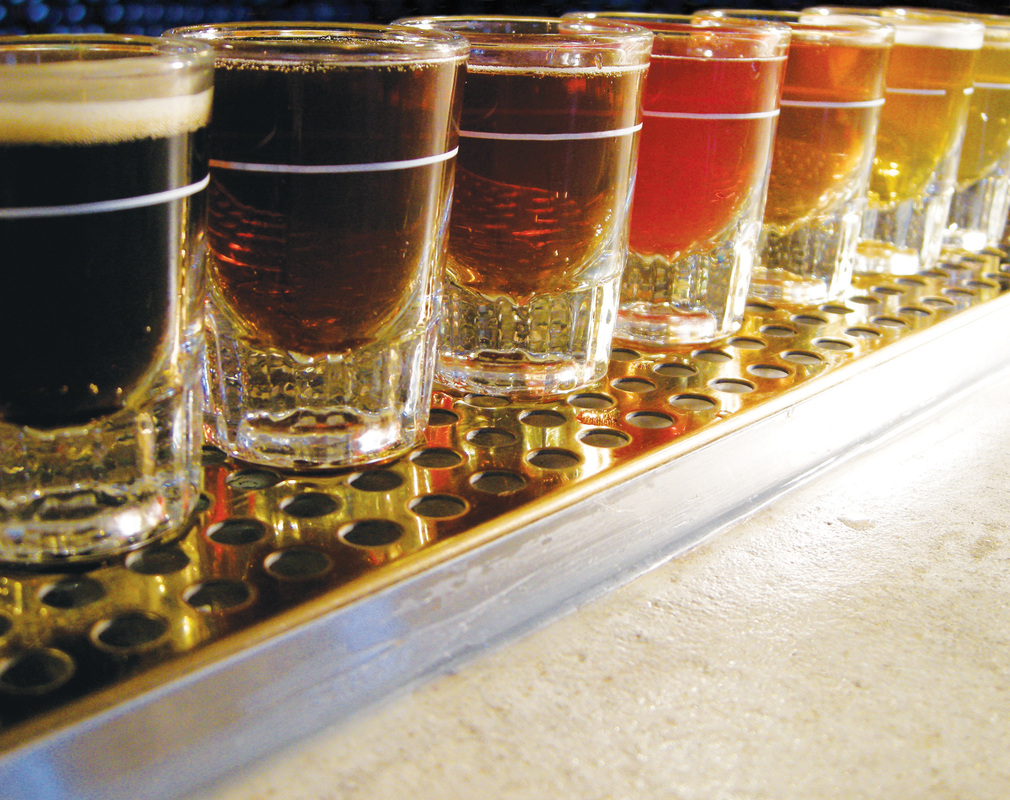
Follow Frederick Behind Bars!